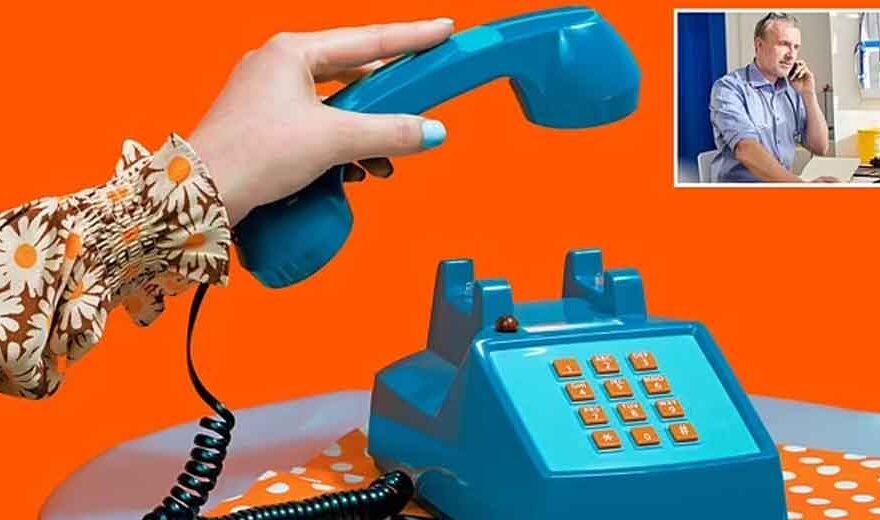What to Do in a Mental Health Crisis

When facing mental health challenges, navigating the path forward can be complex. A psychological crisis can present itself in various, subtle ways, making it challenging to comprehend or handle effectively. These situations often unfold in unpredictable patterns. Having a comprehensive management and support plan can help guide decision-making. The best approach may need adjustment as circumstances evolve.
Nevertheless, here are some things you could do in a mental health crisis.
Getting Emergency Assistance If Needed
When you’re experiencing a mental health crisis, reaching out for emergency assistance can feel overwhelming, but taking that crucial step could save your life. Call 911 or your local emergency services immediately if you’re in immediate danger or having thoughts of harming yourself or others – these professionals are trained to respond to mental health emergencies with compassion and expertise. The National Suicide Prevention Lifeline provides 24/7 support from trained crisis counselors who understand what you’re going through and can help you navigate this difficult moment. Remember that seeking emergency help during a mental health crisis is not a sign of weakness; it’s a brave and necessary action that demonstrates your commitment to your own well-being.
Leaning on Your Support System
When you’re going through a difficult time, know that having someone near you, like family, friends, and a faith community, can make a difference, even if they’re unsure how to help. Their presence, whether they’re physically there or supporting you from afar, can be comforting without adding pressure. There’s no need to rush through your feelings or find quick solutions – taking things slowly often helps more. You might need both space and company at the same time, and that’s perfectly okay. This situation calls for patient, steady support rather than rushed solutions. Sometimes, having someone who listens more and speaks less can help reduce stress. Remember that support isn’t about controlling or fixing you. Having someone who listens with understanding, without demanding immediate explanations, can help you find your balance again. Even shared silence can be a form of support, depending on what you need at the moment.
Having a Recovery Plan
In certain situations, more intense recovery or treatment plans can be beneficial. Specifically, intensive outpatient services can provide essential structure and professional care without requiring full-time hospitalization. These programs focus on guided therapeutic activities while allowing individuals to remain in their familiar environment. This approach may be particularly suitable for those who maintain basic stability yet need consistent professional intervention. For instance, when someone experiences recurring emotional difficulties or exhibits unpredictable patterns of behavior, a professionally supervised structured program can provide necessary support.
Knowing That Everything Will Be Okay
When you’re in the depths of a mental health crisis, it can feel impossible to believe that things will ever improve—but they will. This fundamental truth serves as an anchor during your darkest moments, even when your mind tells you otherwise. Mental health crises, while intensely painful and overwhelming, are temporary states that respond to proper support and treatment. Countless individuals have walked this path before you and emerged stronger. Recovery isn’t linear, but each small step forward, each moment you choose to stay, brings you closer to the relief and peace you deserve.
Conclusion
Navigating a mental health crisis can feel overwhelming and isolating, but recognizing the signs early and taking immediate action can make a profound difference in outcomes. While each crisis is unique, just know that you can make it through this and come out stronger.


